Wednesday, October 16, 2019
NBTM Virtual Book Tour + Review + #Giveaway: Harvest by Olga Werby @OlgaWerby @GoddessFish
Harvest
by Olga
Werby
GENRE: Science
Fiction
BLURB:
Almost a century after Keres Triplets asteroid impact and
subsequent nuclear exchange almost ended all human life on Earth, a strange
artifact is discovered on one of the moons of Saturn. Who should be sent to the
outer reaches of the solar system to initiate the first contact with an alien
culture? Dr. Varsaad Volhard, an evolutionary-socio-historian, is chosen to
help the world understand the alien civilization that left an artifact some
thirty thousand years ago, before humans even learned to farm, at the time when
other human species still walked the earth. While Vars prepares for the
mission, her father, Dr. Matteo Volhard, discovers nanobots among the
microplastics he studies. The bots are everywhere and seem to have been created
to bond with human cyber implants. Why? Matteo is made to keep his discovery a
secret...as well as his and his daughter's true origins. Both were donated to a
Human DNA Vault as babies. Matteo was raised as a Seed before leaving with his
young daughter to study ecology around the world. Who knows what? Who is in
control? How does one communicate with non-human intelligence? People seem to
die in gruesome ways as their cyberhumatics go haywire on Earth and on Luna and
Mars colonies. Is Earth under attack or is it all just a cosmic
misunderstanding? Vars needs to use all she knows to solve the mystery of the
ancient civilization on Mimas, as her dad battles the alien nanobots at home.
Excerpt:
Vars
slept on the plane…or tried to. She was too confused, too keyed up to really
sleep. That coffee might have been a mistake. Ian said that he couldn’t tell
her anything until they arrived at his EPSA office in Seattle, which was
conveniently her own hometown where she lived with her dad. The man just smiled
a lot and talked about how much he had enjoyed reading Vars’s new book.
There
was a strange edge to their interaction. If Vars hadn’t believed Ian’s
credentials, she would have bailed on him a long time ago. Even so, she felt
like she was being kidnapped. And, in a way, she was. She’d had to cancel the
last two lectures of her book tour and apologize to her agent over and over
again. Ian had promised that EPSA would send an official excuse letter, but
Vars still felt like she let her agent and publisher down.
They
landed at a general aviation airport, and another black car whisked them to
EPSA’s headquarters, just outside of Seattle’s city limits. She was taken to a
conference room on the top floor of the EPSA science building, which Ian called
the “tree house.” She immediately understood why–it was surrounded on all sides
by a balcony planted with a row of trees and some shrubbery. It was quite nice,
but Vars couldn’t enjoy it; she was simultaneously exhausted and adrenalized.
It was just a matter of time before she crashed.
She
must have looked it, too, because someone handed her a very big, very steamy
cup of coffee. She sipped it gratefully, completely oblivious to how she came
to be holding it. It was still very early in the morning, way before Vars even
liked to get up, much less attend a meeting.
About
a dozen EPSA people joined her and Ian around the conference table. Vars
noticed that several paper copies of her book were laid out; some even looked
read, with cracked spines and dog-eared pages.
“So,”
she said to Ian. “Is now a good time and place for you to tell me what
this is all about?”
“Now
is perfect,” Ian said with a big smile. “We are very grateful to have you with
us today, Dr. Volhard. This is my exobiology team.” He pointed one by one to
the people on one side of the table. “Dr. Alice Bear. Dr. Greg Tungsten. Dr.
Bob Shapiro. Dr. Saydi Obara. Dr. Evelyn Shar. And Dr. Izzy Rubka.”
Vars
had heard of some of these people by reputation, of course, but never met any
of them personally. EPSA people were a reclusive bunch, tending to mix with
their own to the exclusion of others, even with the same research interests. It
was one of the reasons Vars always wanted to join the organization–to get
access to the best and the brightest minds and a chance to discuss the origins
of life over coffee… But the introductions were happening so fast, there was no
chance that she would remember how any of these names linked up with faces.
Vars doubted she would even recognize these people walking down the street.
But
Ian just continued. “And this group,” he gestured to two men and a woman, “is
on loan from JPL–Jet Propulsion Lab in Pasadena. Trish Cars, Dr. Ron Silverman,
and Dr. Benjamin Kouta.” Vars gave up on remembering who was who. “And these
two,” Ian said, nodding to a pair of identical twins sitting next to him, “are
Ibe and Ebi Zimov, our computer science wunderkinds from EISS, European
Institute of Space Science.”
Interview with Olga Werby
As a writer, what
would you choose as your mascot/avatar/spirit animal?
I’m not the kind of person
who looks for mascots or avatars to define herself. I think the universe if
fascinating enough without the need for additional magical thinking. I have a
pet tortoise. You can follow her Instagram at #cucumberprincess: https://www.instagram.com/olgawerby/
How many hours a day
do you put into your writing?
I try to write everyday, but
that is not always possible due to other commitments. When I get lucky (and the
writing is going well), I can spend the whole day at it. But writing is not
just putting words to paper. Part of giving birth to a story is doing research,
taking notes, drawing, finding images. I develop an extensive Pinterest page
for every book. I want to capture the visual look of the story. I share those
with my readers. For my latest book, “Harvest,” this is the page: https://www.pinterest.com/OlgaWerby/scifi-book-harvest/
Do you read your book
reviews? If yes, do they affect what you write in the future?
Yes. What author doesn’t?
Everyone reads reviews, especially when the book first comes out. We give birth
to books; they are out children. We want the world to think well of them. Some
reviews are glowing, and those make my day. Some are harsh and I take the
criticism to heart and mope. Then there are those that are not on point—I think
not all stories are for all people. It took me a long time to learn to put the
book down when I realize it’s not for me. I have a strong “work ethic” when it
came to finishing every book I start. Even now, I still try to finish a book if
I’ve picked it up. I always learn something. I also always try to leave a
review (but only if it is three stars or higher, or if it is so bad that I have
to warn people away from it). Writing is hard and I try to give other writers a
bit of praise and encouragement. I know just want it means to them. I want
people to keep writing, because I need to keep reading! It’s a symbiotic relationship.
Do you leave hidden
messages in your books that only a few people will find?
Yes! There are hidden jokes
in all my books. They are not “ha ha” jokes, just little things that would make
someone in the know smile. Mostly, I hide things in the names of characters and
places. Little Easter Eggs!
Can you tell us a
little bit about the characters in “Harvest”?
“Harvest” is what one would classify as “hard science fiction.” “Hard”
doesn’t mean it is hard to read or understand, just that it has a lot of fun
(and accurate) science in addition to a great story. “Harvest” starts with a
discovery on a very old alien artifact buried in ice on one of the moons of
Saturn. Scientists and the military have to quickly make an assessment: what do
these aliens want? Are they dangerous? If so, how could humans protect
themselves? But how can we tell when something wants us harm? Some of the
biggest cultural mistakes on Earth came about from simple failure to
communicate, to understand the alien other. When the other side is overwhelming
in power and knowledge, making a diplomatic mistake can end human civilization.
It’s a fun premise and a good story.
I became interested in the idea of galaxy’s first star-fairing
civilization a few years back. I wanted to use all of the science I knew to
extrapolate the implications of being the first intelligence and the first
civilization and then the first space-fairing culture to arise in the Milky
Way. There had to be the THE first. What if it is NOT us? How would we, humans,
handle first contact with such people? Would it go well for us? Would it be
like “Star Trek?” I had a feeling that it might not really play out that way…
One of the main characters in the book is Vars, a professor of
socio-biology who studies human origins and civilizations. She has some very
strange origins of her own, even as she is completely unaware of them at the
start of the book. Vars is plucked form her everyday life and placed at the
head of the team of scientists who have to understand how to approach aliens
during first contact mission. For when the time comes, it won’t be the
physicists and mathematicians who will be on the forefront of interfacing with
aliens. It will be diplomats, sociologists, linguists, and lawyers! (perhaps
teachers…) Vars is a “fish out of water”…but what fish? What waters! I hope
readers identify with this young woman trying to survive and save the world.
Other characters in the story are also mostly misfits—genetic outliers,
social outcasts, awkward scientists, orphans, etc. I like to write about people
who tend not to take the center stage in life and live in the margins of the
society. These are not obvious people destined to succeed, but they do anyway.
Through hard work, perseverance, and often spunk. Not all make it…
I have posted the first few
chapters of “Harvest” on my blog: https://interfaces.com/blog/my-books/harvest/
There, you can also find a large collection of my short stories, radio
plays, other book excerpts, and lots of articles on writing, the universe, and life
in general. I also regularly post book giveaways and, for those interested in
subscribing to my rambling monthly newsletters, there is a free copy of my fist
book, “Suddenly, Paris.” It’s a story of virtual worlds and love that overcomes
all kinds of digital barriers.
Can you tell us a
little bit about your next books or what you have planned for the future?
I’m
currently finishing up “God of Small Affairs.” In some ways, this is the
opposite story from “Harvest.” While “Harvest” focused on real science and
extrapolated it as far as possible, “God of Small Affairs” is about mythology,
about gods who walk the earth and help shape the human race into what it has
become. It is a more intimate story. It focuses on a small town in Wisconsin
and it’s aging population that is in the process of becoming irrelevant due the
pressures of progress. During a murder investigation, a god tries to find the
best path into the future for this community. It’s a human drama with a
mythical twist.
You
can read the first few chapters of “God of Small Affairs” here: https://interfaces.com/blog/my-books/god-of-small-affairs/
Do you allow yourself
a certain number of hours to write or do you write as long as the words come?
I try to write when I have
the time. It really helps when the words just flow, but mostly it is not like
that. I write books that are heavily researched. So there is a lot of work that
goes into a book aside from just putting words on the page. So when words don’t
flow easily, I focus on other aspects of writing. It works—I write about two
books per year and at least half of my books are fully illustrated (which takes
time). “Harvest” is one of those books. Below is a little montage of
illustrations from this novel.
Do you have a certain
number of words or pages you write per day?
No. The goal is to write a
book not fill pages with words.
What inspires you to
write?
Ideas…visual, scientific,
moral, linguistic…
Would you rather
Read fiction or
non-fiction?
Both. Veraciously.
Read series or stand-alone?
I just want to read a good
story. If the author needs a longer format to tell it than just a single book,
that’s okay. But it better be worth my time.
Read Science fiction
or horror?
Science fiction.
Read Stephen King or
Dean Koontz
Neither, really. I like
Stephen King’s book on writing, but I’m not into horror.
Read the book or
watch the movie?
It depends, doesn’t it? Some
movies take a bad book and make it into a good story on the screen. Some movies
kill the book. That said, I think in most cases, the books are better—they have
a bigger canvas on which to paint the story.
Read an ebook or
paperback?
I have thousands of books at
home. I have books shelves in my bathrooms, bedrooms, hallways, kitchen, living
room… I have books stocked on most flat surfaces and up the stairs. I’m not
allowed to buy physical books anymore…unless I really want to. I do most of my
“fun” reading on the phone—Kindle App. Now I have thousands of books on my
phone as well. The good thing about that is that the phone is always in my
pocket. I can whip out a book while I wait in line, while I sit in a doctor’s
office, while I exercise… It’s a perfect delivery mechanism for reading.
Be trapped alone for
one month in a library with no computer or a room with a computer and Wi-Fi
only?
As a kid, I’ve spent many
hours sitting alone in a library (at that place and time, they didn’t allow us
to take books home). I discovered amazing worlds and people in books. I loved
it. Now I sit all day in front of my computer with Wi-Fi. So I’m not sure about
your question? Are you saying I can just walk away?
Do a cross-country
book store tour or blog tour online?
Both have merits and I think
an author should try both at least once. I teach, so speaking to a group of
people is not a scary proposition to me (even if being in a crowded party is).
My Review:
Wow! What can I say about Harvest? Well Harvest is about aliens
and humans making first contact. But when did they actually make first contact.
If you get deep into to the story that is a question you may be asking
yourself. Was first contact now or a very long time ago? Was it at the
beginning or the end?
Harvest will take you on a trip through space looking for
aliens or other life forms. Dr. Varsaad Volhard, an
evolutionary-socio-historian has been chosen to be a part of the team that
travels through space looking to make contact. Dr. Varsaad Volhard has waited
all her life for an opportunity like this one and she is not going to do
anything to jeopardize her one chance for a more in-depth study of alien life
form.
Dr. Varsaad Volhard finds out that her father may not be
exactly who or what he has led her to believe all these years. If he is not who
she thinks he is then is she? Is her father human? Is Dr. Varsaad Volhard
human?
Dr. Varsaad Volhard not only learns things about herself but
she makes a big discovery that could change her life and everyone’s on Earth.
Her trip through space reveals so much about the here and now as well as the
past and the future of mankind and how it all came to be.
After finishing Harvest I realized that I enjoyed it way
more than I thought. I so loved the whole alien concept with the past and the
future and how they relate to humans it was amazing and brilliant. While I was
reading Harvest I kept thinking about so many movies like Star Trek, Orville,
Aliens and Mission to Mars. I think Harvest would make a great movie itself.
If you like space adventures, science fiction, aliens or
futuristic stories then you are going to love Harvest.
AUTHOR Bio and Links:
Olga
Werby, Ed.D., has a Doctorate from U.C. Berkeley with a focus on designing
online learning experiences. She has a Master's degree from U.C. Berkeley in
Education of Math, Science, and Technology. She has been creating
computer-based projects since 1981 with organizations such as NASA (where she
worked on the Pioneer Venus project), Addison-Wesley, and the Princeton Review.
Olga has a B.A. degree in Mathematics and Astrophysics from Columbia
University. She became an accidental science fiction indie writer about a
decade ago, with her first book, "Suddenly Paris," which was based on
then fairly novel idea of virtual universes. Her next story, "The FATOFF
Conspiracy," was a horror story about fat, government bureaucracy, and
body image. She writes about characters that rarely get represented in science
fiction stories -- homeless kids, refugees, handicapped, autistic individuals
-- the social underdogs of our world. Her stories are based in real science,
which is admittedly stretched to the very limit of possible. She has published
almost a dozen fiction books to date and has won many awards for her writings.
Her short fiction has been featured in several issues of "Alien Dimensions
Magazine," "600 second saga," "Graveyard Girls,"
"Kyanite Press' Fables and Fairy Tales," "The Carmen Online
Theater Group's Chronicles of Terror," with many more stories freely
available on her blog, Interfaces.com.
Selected Book Links on Amazon:
Giveaway:
2 E-books
LIZARD GIRL AND GHOST and SUDDENLY, PARIS
Follow the tour and comment; the more you comment, the better your chances of winning.
Subscribe to:
Post Comments (Atom)












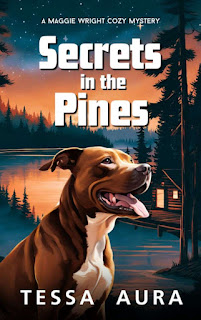




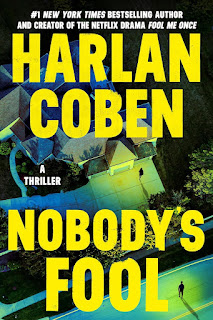





















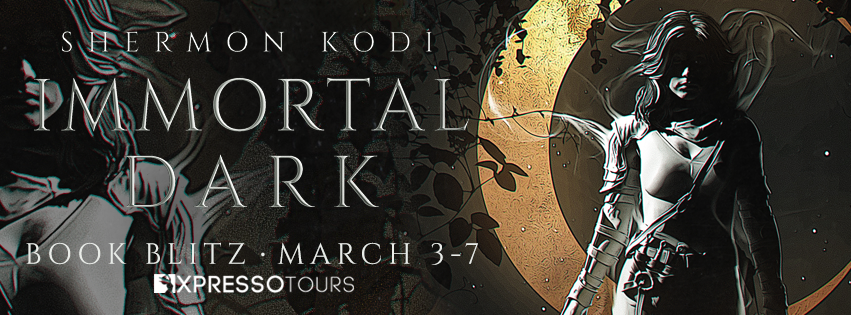

















.png)













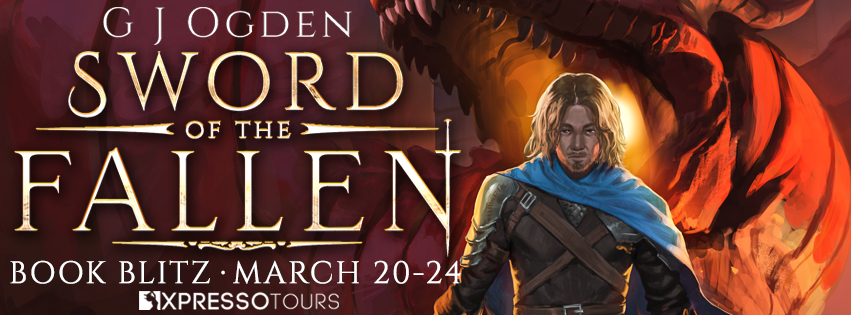
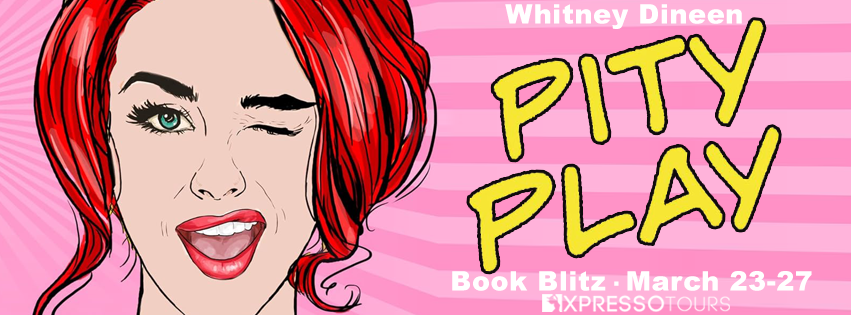







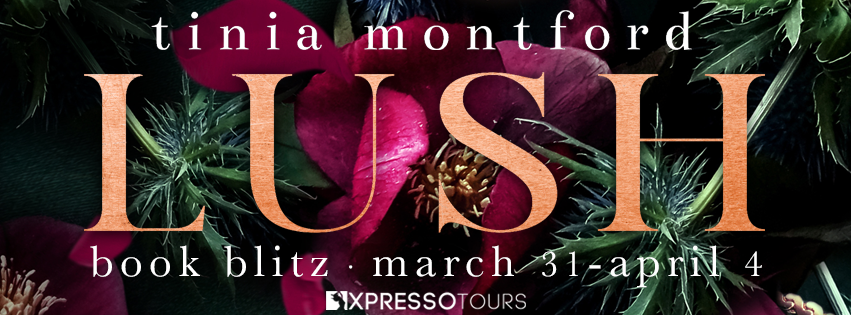
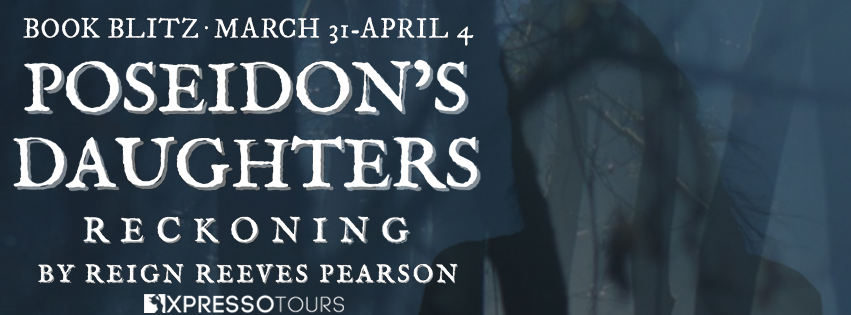



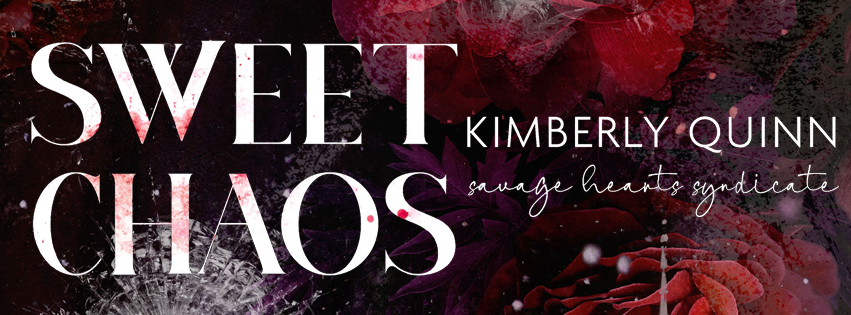



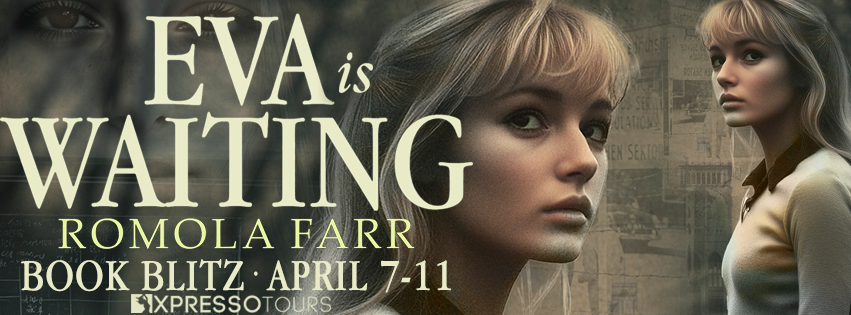













1 comments:
What a beautiful review! Thank you! Makes my heart glow with happiness!
Post a Comment